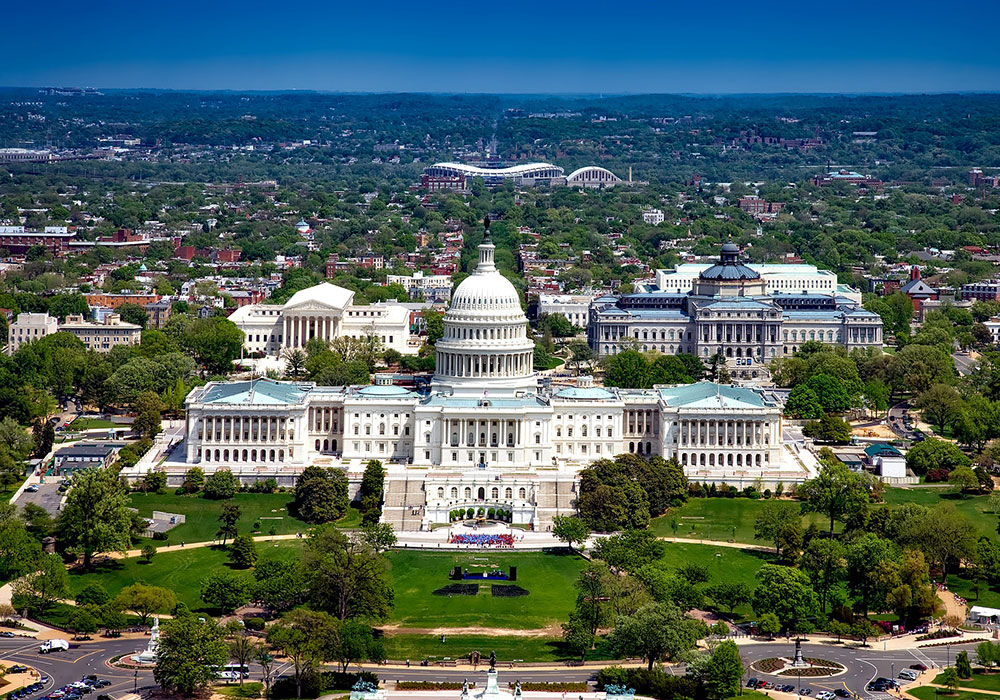Serving on the team that launched the Cancer Moonshot Initiative was just one of the many achievements in Francis Collins’, MD, PhD, 12-year tenure as the director of the National Institutes of Health (NIH). Collins announced in October 2021 that he is stepping down from his role by the end of 2021 after serving as NIH director for three presidential appointments, during which he advocated for increasing NIH’s research budget, learning more about the human genome, and developing treatments tailored to unique genetics.
Collins took office as the 16th NIH director on August 17, 2009, after being appointed by President Obama and confirmed by the U.S. Senate. Prior to that, Collins served as the director of the National Human Genome Research Institute (NHGRI). He will return to that position at the conclusion of his role at NIH.
NIH credited Collins with taking initiative to “tackle some of the most pressing health issues facing Americans, including Alzheimer’s disease, cancer, opioid use disorder, rare diseases, and the COVID-19 coronavirus pandemic.” In addition to his work with the Cancer Moonshot Initiative, Collins launched:
- All of Us Research Program
- Brain Research Through Advancing Innovative Neurotechnologies (BRAIN) Initiative
- Helping to End Addiction Long-Term (HEAL) Initiative
- Accelerating COVID-19 Therapeutic Interventions and Vaccines public-private partnership
“After I was elected president, Collins was one of the first people I asked to stay in his role with the nation facing one of the worst public health crises in our history,” President Biden said. “Another critical reason I asked him to stay was to help lay the groundwork for the first-of-its-kind Advanced Research Project Agency for Health, ARPA-H, to harness all of our knowledge and resources to better detect, treat, and cure diseases like Alzheimer’s, diabetes, and cancer.”
“It has been an incredible privilege to lead this great agency for more than a decade,” Collins said. “I am proud of all we’ve accomplished. I fundamentally believe, however, that no single person should serve in the position too long and that it’s time to bring in a new scientist to lead NIH into the future. I’m most grateful and proud of the NIH staff and the scientific community, whose extraordinary commitment to lifesaving research delivers hope to the American people and the world every day.”






